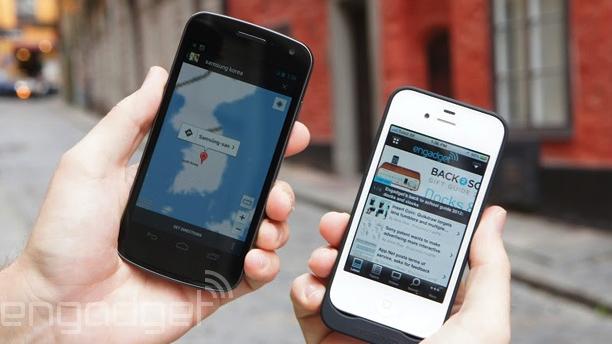co-traveler
Latest

NSA cites executive order to defend its collection of cellphone location data
The 5 billion cellphone location records the NSA's reportedly collecting daily? Don't expect an apology. While it's hard to sustain shock and disbelief when we've been hearing new details about the government's information collecting for months now, the National Security Agency saw fit to address concerns about the so-called Co-Traveler program in a statement today. The gist: The collection of massive amounts of location data is incidental in the agency's effort to "collect foreign intelligence information that is relevant to national security." Interestingly, the statement references a Reagan-era executive order (12333, if you want to dig deep) to vindicate the agency's data-collection practices. That executive order, authorized in 1981, authorizes the collection of foreign intelligence information relevant to the nation's safety through means "consistent with applicable United States law." Additionally, the statement asserts that these surveillance activities don't violate FISA. The bottom line, though, is that the NSA won't be doubling back on its data collecting any time soon.

NSA collecting 5 billion cellphone location records per day
Hey everyone, the government's tracking you. Quelle surprise. In what has to be one of the least shocking pieces of news to come from the Edward Snowden leaks, The Washington Post is reporting that the National Security Agency has been gathering surveillance data on foreign cellphone users' whereabouts globally, with some Americans potentially caught in the net. The database, which collects about 5 billion records per day, is so vast that not even the NSA has the proper tools to sift through it all. That's not to say the agency hasn't been able to make "good" use of it with analytics programs, though. One such program, ominously labeled Co-Traveler, allows the NSA to determine "behaviorally relevant relationships" based on data from signals intelligence activity designators (or sigads for short) located around the world, including one codenamed "Stormbrew." That's a lot of jargon for what are essentially data hubs that collect geolocation information down to the cell tower level. Co-Traveler can locate targets of interest based on cellphone users moving in tandem, even if they're unknown threats -- frequent meetups with an existing suspect could reveal a close associate, for instance. As we've come to expect by now, both the NSA and the Office of the Director for National Intelligence argue that this location-based surveillance is legal. Agency representatives tell the Post that the collection system doesn't purposefully track Americans. However, the NSA also says it can't determine how many US residents get swept up in these location scans; there are concerns that it's following targets protected by Fourth Amendment search rights. Jon Fingas contributed to this report.

